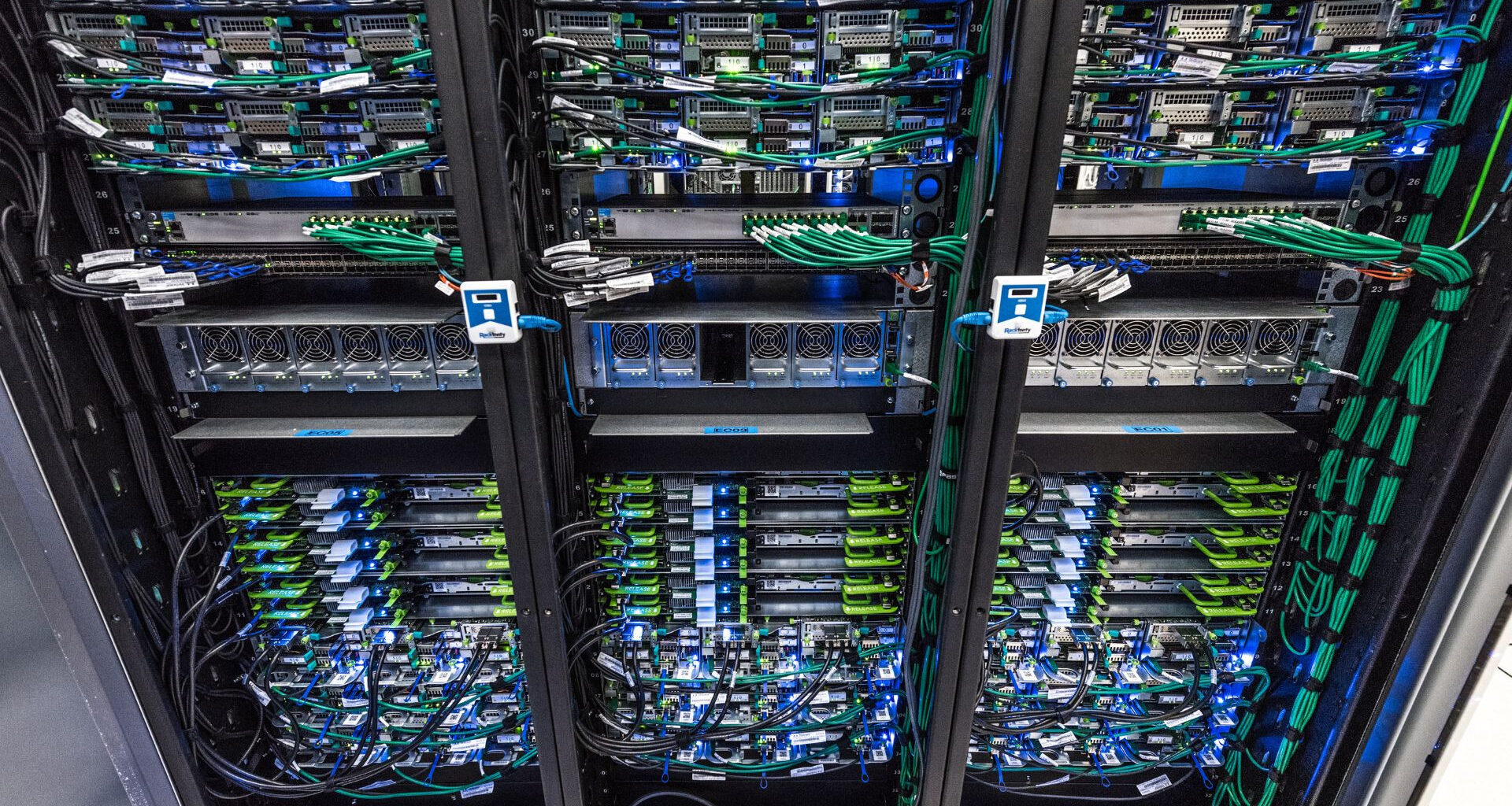One tool, ‘Baler’, works with an autoencoder – a type of neural network trained to decrease the number of dimensions of input data, making it smaller.
Caterina Doglioni, Professor of Particle Physics, explains: “There are multiple avenues to reduce the computing resources we use. One is reducing the amount of data to be stored through data compression.”
The team are also measuring the energy usage of Baler and other approaches, to identify optimisations that could foster more energetically sustainable, data-driven scientific practices.
Rosie Schiffmann adds: “With Baler and data compression as an example, we’re giving researchers a way to track their computational ‘metabolism’ and make it more efficient. Green computing isn’t a futuristic vision; it’s actionable today if we rethink how we store and process data.”
‘;

